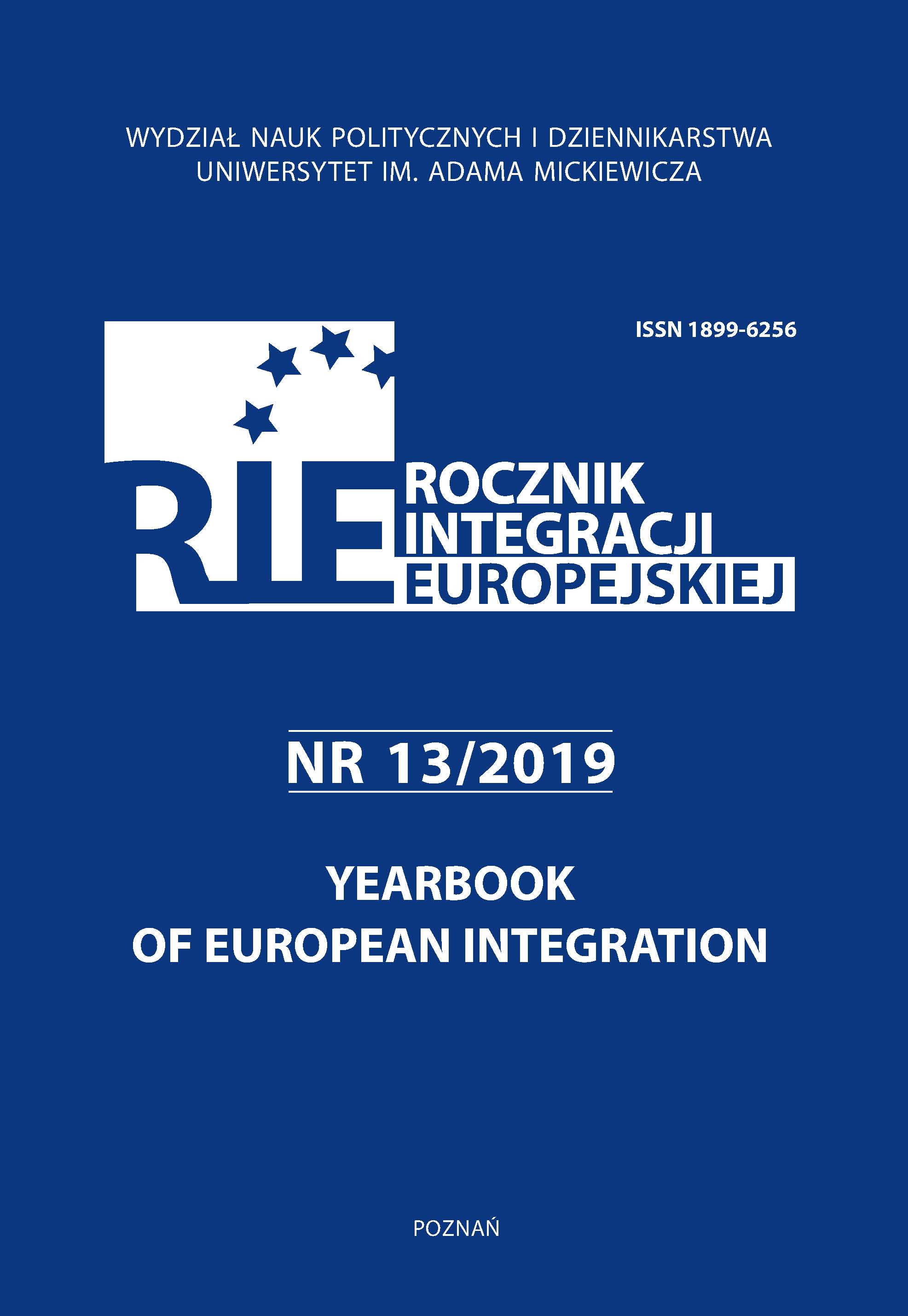From aspiring saint to disillusioned rebel. Explaining change in the Polish narrative of European integration
From aspiring saint to disillusioned rebel. Explaining change in the Polish narrative of European integration
Author(s): Agnieszka K. CianciaraSubject(s): EU-Accession / EU-DEvelopment
Published by: Uniwersytet Adama Mickiewicza
Keywords: Poland; European Union; narrative; adaptation; contestation
Summary/Abstract: This article conceptually draws on Bourdieu’s field theory and Goffman’s stigma theory to explain the evolution of Polish government’s official narrative on European integration. Narrative production by Polish authorities reveals a marked shift in strategy adopted to deal with the stigma (real or imagined) that structures Poland’s position in the EU field of power: from adaptive (corrective) to contesting strategy where stigma is embraced and transformed into a virtue. Empirically, this shift is illustrated with 3 examples of narrative production under crisis: 1) euro-zone crisis (Poland adapts to the dominant EU narrative and promotes its own austerity experience, while allying itself with the northern “saints” against the southern “sinners”); 2) migration crisis (Poland moves from adaptation to contestation, while narrating the “lack of solidarity” stigma as the responsible “normal”); 3) rule of law crisis (Poland consolidates its contestation strategy, while framing the dispute as a counter-measure from undemocratic EU centre to discipline “real” democrats in the periphery). Thus the narrative moves from contestation of a particular policy solution (migration quotas) to undermining normative bases of the European integration process.
Journal: Rocznik Integracji Europejskiej
- Issue Year: 2019
- Issue No: 13
- Page Range: 295-309
- Page Count: 16
- Language: English

